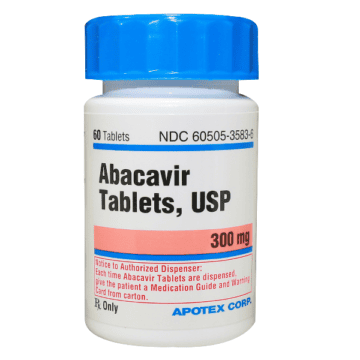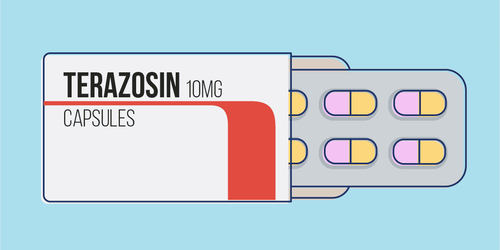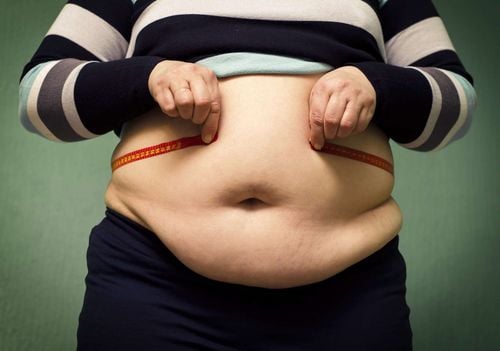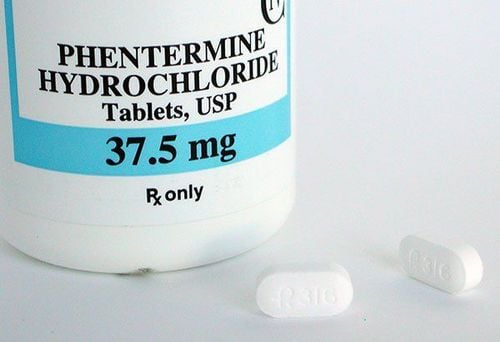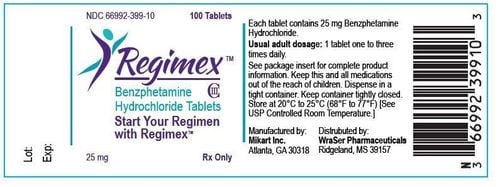This is an automatically translated article.
The article is professionally consulted by Master, Doctor Duong Xuan Loc - Gastroenterologist - General Surgery Department - Vinmec Danang International General HospitalObesity not only causes unsightly but also increases the risk of cardiovascular disease, diabetes, cancer,... For the treatment of obesity, weight loss measures and slimming surgery such as gastric banding, Gastric flap surgery, gastric bypass, ... are being widely applied today. In particular, gastric bypass surgery is showing many outstanding advantages.
1. What is gastric bypass surgery?
Obesity is classified by WHO as the fastest growing disease in the world. It can cause many other diseases such as diabetes, high blood pressure, high blood fat, leading to kidney failure, heart disease, stroke, blindness, ... or even death. The simplest solution to prevent diseases caused by obesity is to lose weight. However, losing weight by adjusting your diet, exercising, ... is not easy. Therefore, many patients have applied weight loss surgery methods.Gastric bypass is a surgical procedure that creates a small pouch from the stomach, connecting it to the small intestine. When the patient eats and drinks, the swallowed food will go into the small stomach bag and directly into the small intestine. The purpose of this method is to help you lose weight. This method helps to prolong and stabilize the weight after losing. Patients after gastric bypass often feel full faster and feel fuller longer than usual.
At the same time, this method also reduces the risk of diseases caused by obesity such as: heart disease, high blood pressure, sleep apnea syndrome, gastroesophageal reflux disease, type 2 diabetes, cholesterol high, stroke, infertility,...
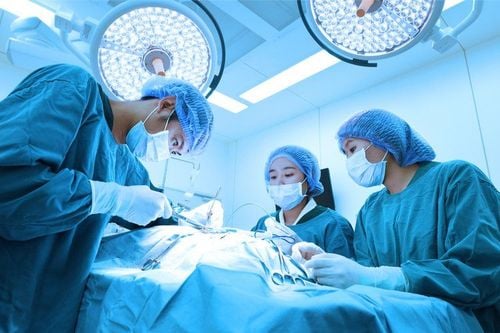
2. Indications and contraindications
Gastric bypass surgery is indicated when diet and exercise do not help or the patient has serious health problems due to being overweight.However, this method may also be contraindicated in cases such as: patients with a history of drug abuse, patients with a history of severe mental disorders or people with end-stage visceral disease.
3. Gastric bypass surgery procedure
3.1 Preparation For patients eligible for gastric bypass surgery, the medical staff will guide the necessary issues when preparing for surgery, namely:Before surgery, the patient needs to Tell your doctor about your list of medications, vitamins, supplements, diet, etc. Patients may have to limit their intake of food and take certain medications before surgery; If the patient is taking blood thinners, the doctor should be informed before surgery because these drugs can affect blood clotting and bleeding; Patients with diabetes need to talk carefully with their diabetes doctor for specific instructions on taking medication or adjusting the amount of medication used after surgery; Stop smoking. 3.2 Procedure The patient is under general anesthesia before surgery. Most surgeries will be done laparoscopically, a few are done by open abdominal surgery; The surgeon cuts across the top of the stomach, stitching it apart from the rest of the stomach. The small stomach pouch can only hold a certain amount of food; The doctor cuts the small intestine, stitches a portion of the small intestine directly into the small stomach pouch. Food will go into the small stomach bag, directly into the small intestine. Food will not go into the stomach and the first part of the small intestine, but into the middle part of the small intestine. Gastric bypass surgery usually takes a few hours. Depending on the patient's recovery status, the average hospital stay will be 3-5 days.

Bleeding; Infection; Presence of a blood clot; Anesthesia reaction; Breathing problems; Leakage in the digestive system; Intestinal obstruction, rapid gastric emptying syndrome (dumping syndrome), gastric perforation, gastric ulcer; Other complications: gallstones, malnutrition, hypoglycemia,...
4. Notes on diet after gastric bypass surgery

Please dial HOTLINE for more information or register for an appointment HERE. Download MyVinmec app to make appointments faster and to manage your bookings easily.





